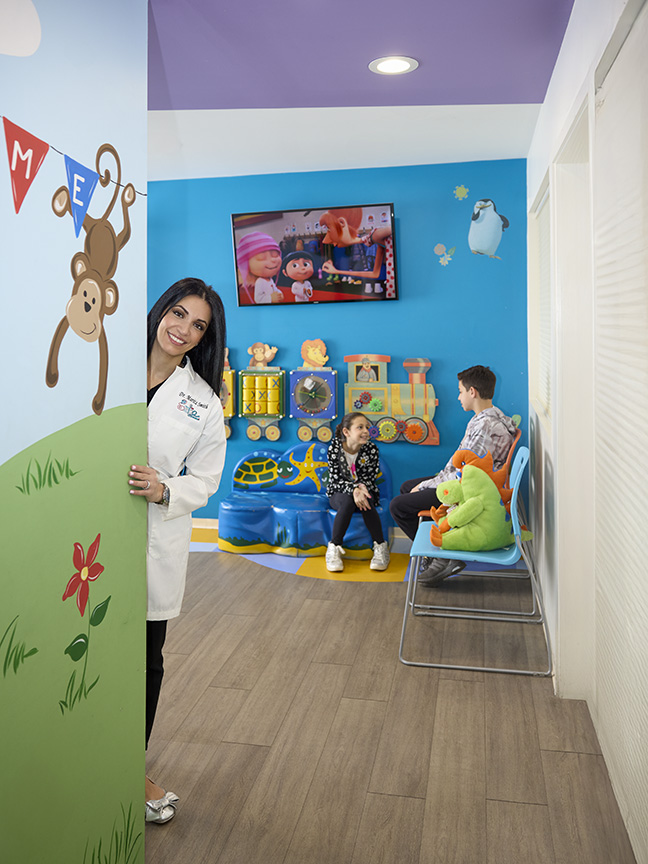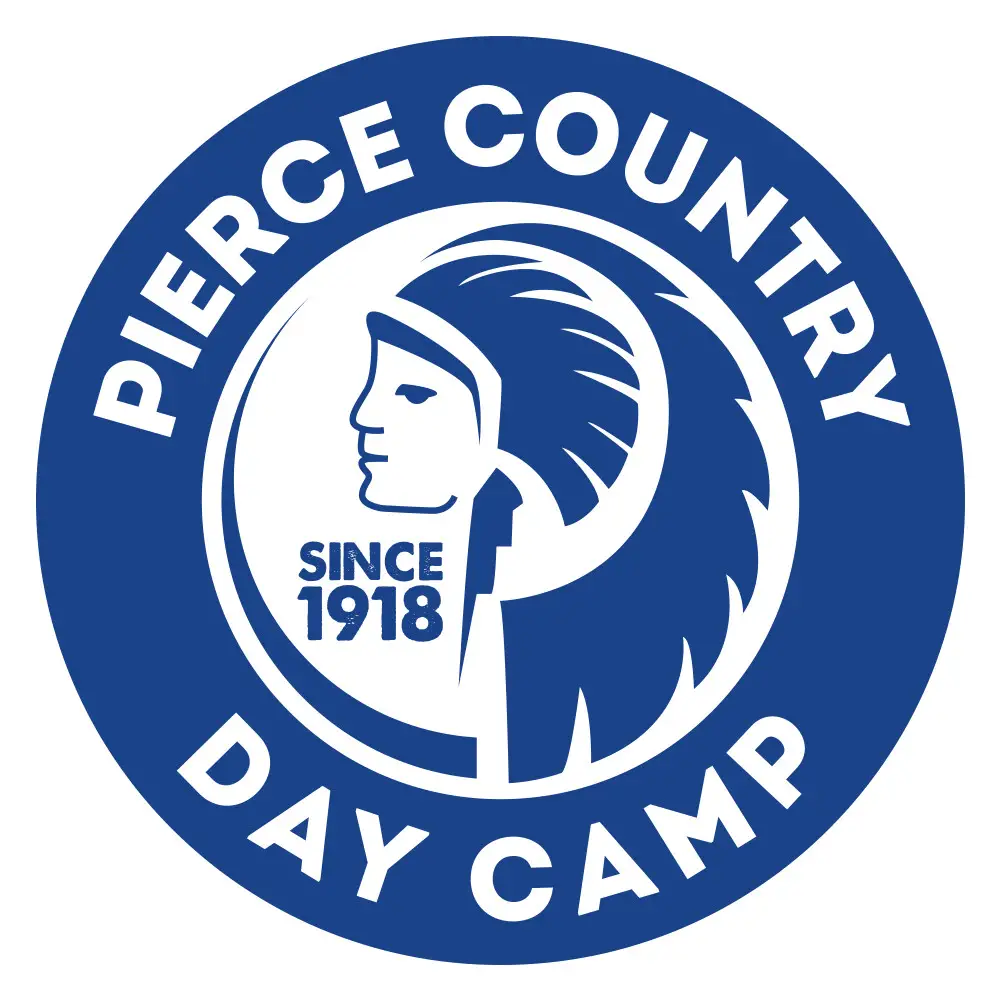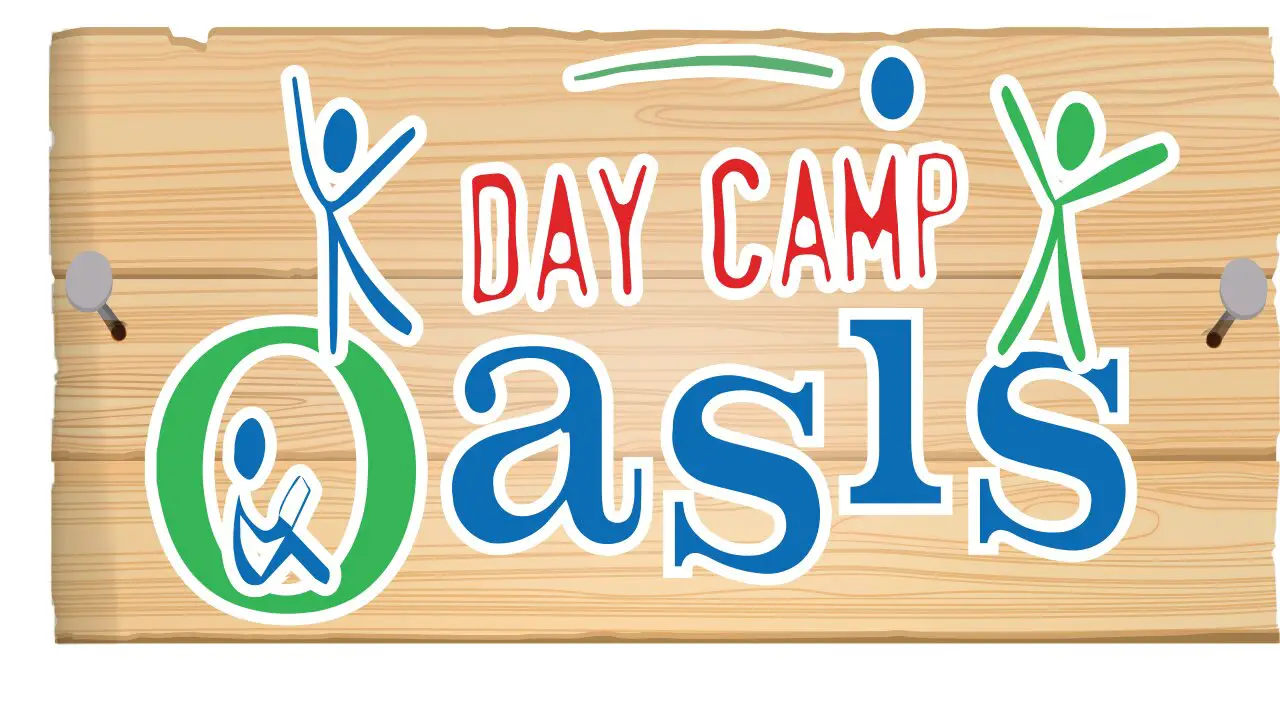Do You Wonder About Your Teen’s Drug Use?
Get can’t-miss family activities sent to you!
Get the Best Family Activities
This may be, Edison says, the first step in developing the strong parent-adolescent relationship that will help children avoid drugs and alcohol later. Parents should also monitor their children’s behavior, set clear expectations for behavior, and make after-school activities available. Getting involved in school and community activities is a great way for parents to see what their children are exposed to as well.
Spotting the Signs
“If children do start using drugs or drinking problematically, you can expect to see changes in mood and behavior that persist over a few weeks,” Edison says.
Parents may notice a decline in grades, lack of interest in things your child used to be interested in, changing groups of friends, low energy, unpredictable episodes of anger or irritability, and finding alcohol or drugs among your child’s belongings. Also, because prescription drug abuse is high in New York state, DePola cautions that parents should look for missing prescriptions from their medicine cabinets.
Reality? If you think your children are using drugs or drinking, they probably are, Edison says. However, he cautions that parents should not panic at the first sign of drug use. Instead, they should try to figure out what’s overwhelming or overly challenging in their child’s life and devise a plan to improve it.
“Start by saying, ‘We think this is tough for you, so here’s what we plan to do to fix it,’” Edison says. “Parents should gently note some of the problematic behaviors they’ve observed, saying that they think these are the result of the child’s suffering, which should get their child talking. Parents should add that they know their child is smart, so they know she is trying things to improve her life—that they wouldn’t be surprised if she were drinking or smoking marijuana.”
By pausing throughout this conversation and giving their children a lot of time to talk, parents should develop a better understanding of why their children are using drugs and alcohol and how they can help them. If children ask about their parents’ drinking or drug use, parents can give a brief but honest answer, letting their children know that they tried drugs or alcohol at a young age, but that they wished they hadn’t or say that they waited to try them until they were older—whichever is most accurate.
And, Edison says, by realizing that children may be in situations where drugs or alcohol are prevalent, parents can help their children determine appropriate responses. Parents should tell their children: We don’t want you to drink or use drugs, but if you ever run into trouble with drinking and drugs, you can call us and we will come to get you immediately, no questions asked. All we care about is your health and safety.









